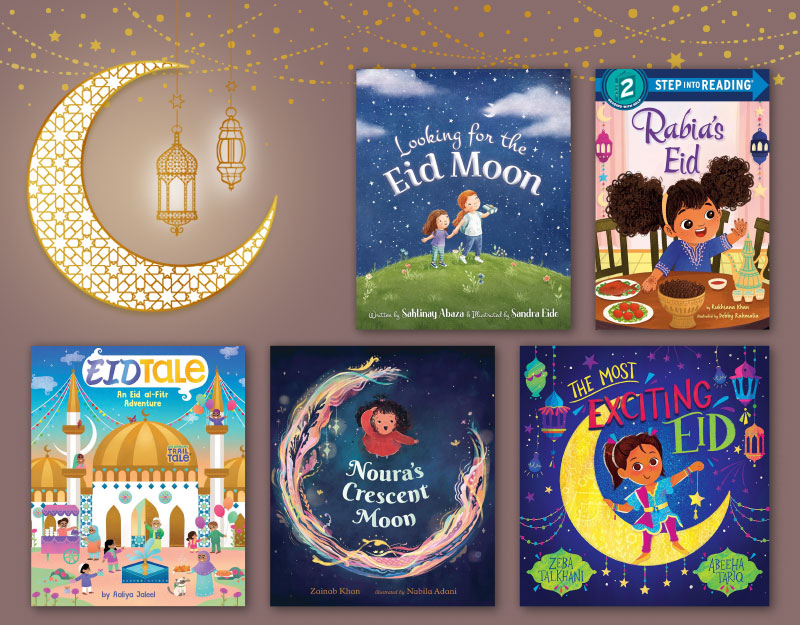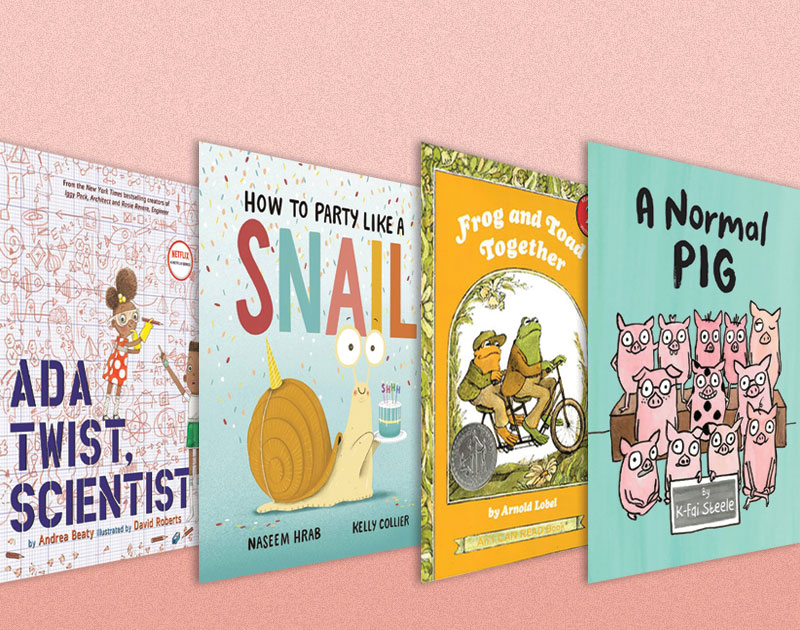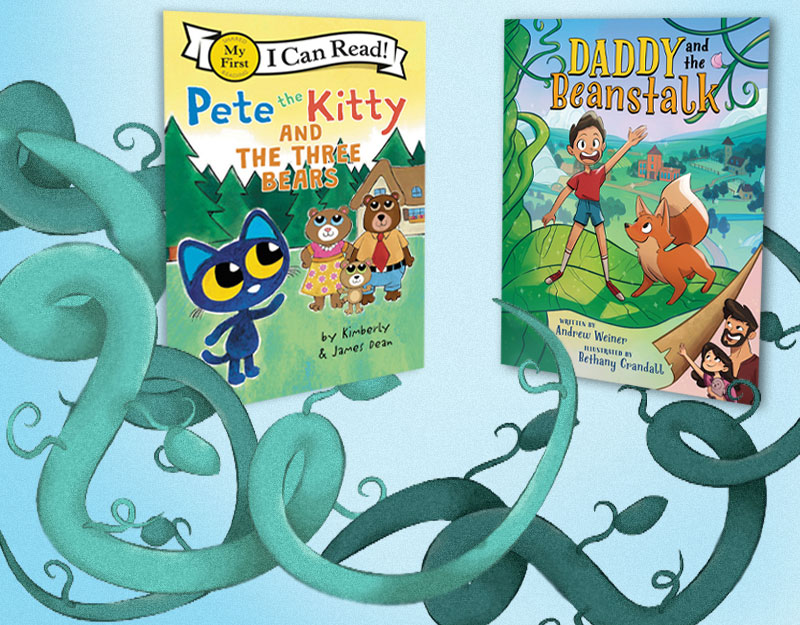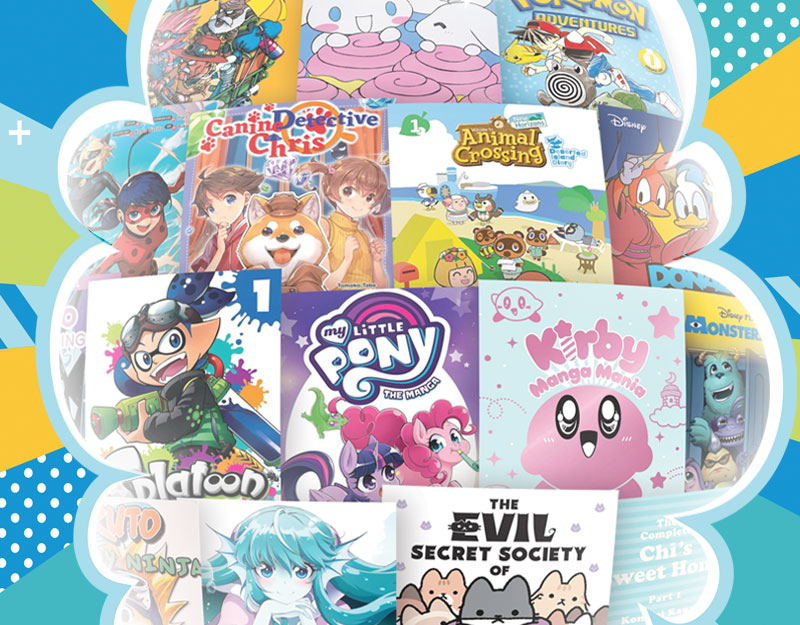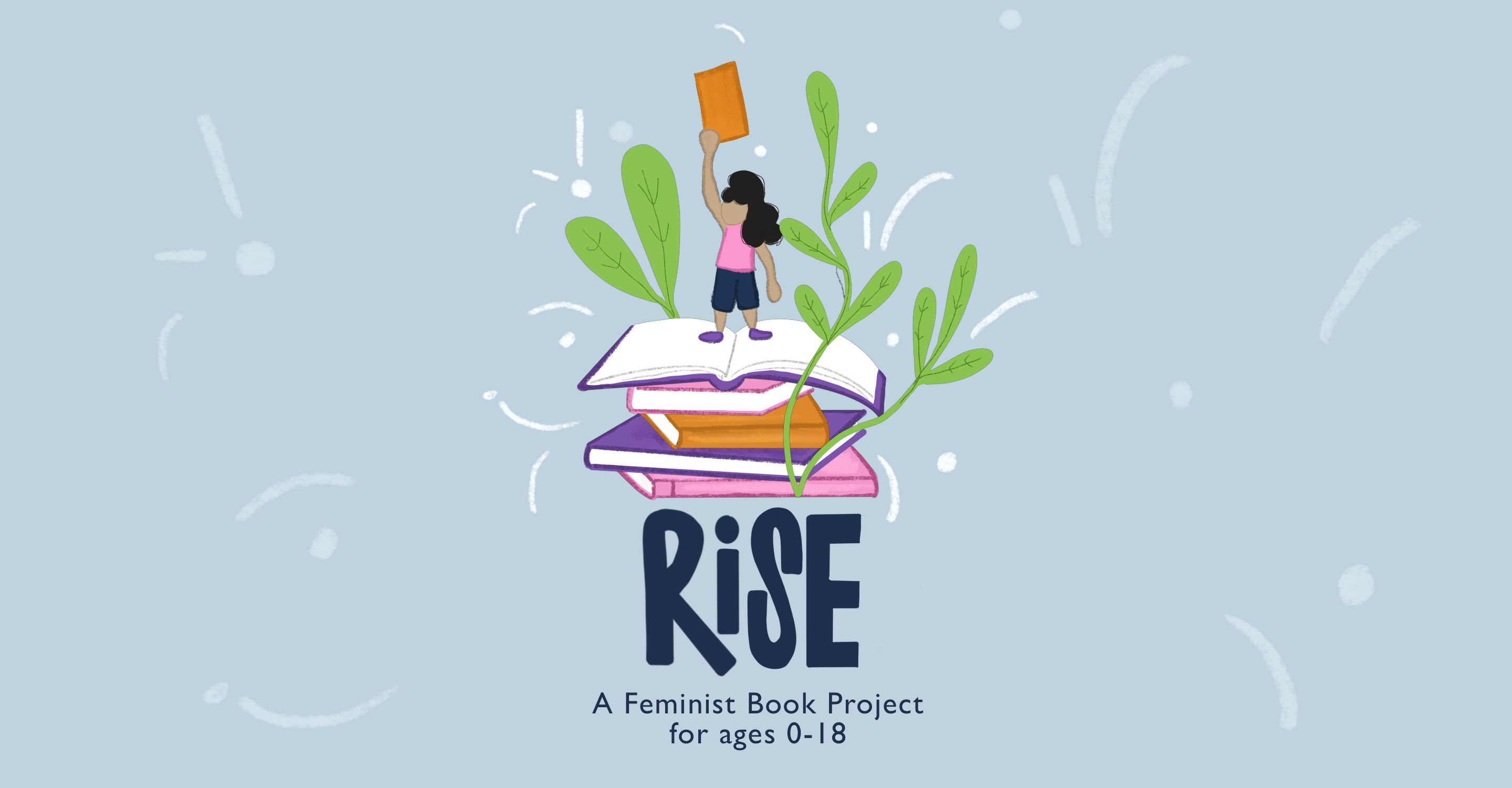Free Will and Destiny in Middle Grade Fiction: A Talk With Karla Arenas Valenti of Lotería
Confession Time: I don’t read every book of every single person I interview.
I admit it! I don’t! Sometimes that’s because the book hasn’t come out yet. Sometimes it’s because I am lazy. Generally if it’s a picture book I’ll have to read it, of course, but middle grade fiction? Only sometimes. And today is one of those sometimes.

On October 27th I will be in conversation with Karla Arenas Valenti at our favorite feminist Chicago bookstore Women and Children First. The event will be livestreamed, so be sure you come to see us!
ADVERTISEMENT
ADVERTISEMENT
To prep for our talk, I’ve been devouring Karla’s Lotería. It’s gripping, tense, and playful all at once. There’s death, life, and … philosophy? Devils and talking spiders and a fruit that tastes like chocolate and cinnamon that someone needs to invent (but only if Karla made it up).
Here’s the plot description:
“In the hottest hour of the hottest day of the year, a fateful wind blows into Oaxaca City. It whistles down cobbled streets and rustles the jacaranda trees before slipping into the window of an eleven-year-old girl named Clara. Unbeknownst to her, Clara has been marked for la Lotería.
Life and Death deal the Lotería cards but once a year, and the stakes could not be higher. Every card reveals a new twist in Clara’s fate—a scorpion, an arrow, a blood-red rose. If Life wins, Clara will live to a ripe old age. If Death prevails, she’ll flicker out like a candle.
But Clara knows none of this. All she knows is that her young cousin Esteban has vanished, and she’ll do whatever it takes to save him, traveling to the mythical Kingdom of Las Pozas, where every action has a price, and every choice has consequences. And though it seems her fate is sealed, Clara just might have what it takes to shatter the game and choose a new path.”
I am pleased beyond words to host Ms. Valenti on my blog here today. Consider this our warm-up.
Betsy Bird: Thank you so much for coming on my blog! Like a superhero, every book has an “origin story”. And boy, do I want to hear the origin story for Lotería. Where did this book come from?
Karla Arenas Valenti: Thank you for hosting me. This is actually my favorite question because the origin of LOTERIA is quite interesting (I think).
The story started with a question: do we have free will, the power to shape our destiny, or is everything in our life pre-determined? And for many years I had been trying to find the right story to help me explore this answer.
The plot of LOTERIA came to me quite by accident (or was it fate?) when my father came to visit us in Germany where we were living at the time. He brought the game “Lotería” as a gift, and as we set out the boards, the story began to unfold in a series of questions:
- What if a character was trapped in a game of chance (such as Lotería) but she didn’t know it? She thought her choices were her own, but really they were being influenced by the turn of a card.
- And what if the game was being played by Life and Death who are really seeking answers to a larger question: is there such a thing as free will? As they flip the cards, they debate the issue at hand, and their arguments play out in the character’s life.
- Finally, what if the game resulted in the ultimate stakes? A long life if Life wins the game and an untimely demise if Death is the victor. Would the character have any power to shape her destiny?
“Now that would be an interesting story,” I thought. So I wrote it.
At first, I was certain about my own position regarding the question (team Free Will). The challenge was finding valid and equally-compelling counterpoints. But a funny thing happened as the story evolved, I began to change my mind!
At first, I’d agree with Life (also team Free Will) but then I would find this great retort for Death (team Fate) and suddenly I found myself wondering if maybe everything was inevitable, pre-determined from the very start.
I went back and forth like this for the entire book until I had argued Life and Death into a conundrum. That was also the point of climax for my protagonist’s story, and to my great surprise, she came up with an answer I was not expecting (she exercised her own free will despite me being the author of her story!). Her answer created a twist ending that I was not expecting, but also an interesting approach to the question of free will vs fate.
BB: I have to say, I wasn’t expecting a philosophical discussion when I picked up the book. It was one of many delicious surprises. You’ve already alluded to this but is Lotería a real card game? Have you played it? I’m a real game night fan, so I’m particularly interested in what it is and how you play.
KAV: It is a very popular game in Mexico, quite similar to Bingo but instead of numbers, the cards have pictures on them.

Players have a board with 16 images on them. The game master will flip a card and say a riddle related to that image. The riddles (sometimes poems) are as much a part of the game as the images, and some game masters are hired precisely for their skills in coming up with clever riddles.
Once a card has been called out, the players look for it on their board. If they have it, they put a token on the image (in LOTERIA, they put a black bean on the image). The first person to get four tokens in a row (diagonal, horizontal, vertical) wins the game.
Here’s a fun fact for you: As I was writing the story, I would sometimes get stuck on the plot. Whenever that happened, I would shuffle the deck, flip the top card, and then force myself to use the image that came up in my next scene. It actually took the story in many unexpected directions, including the arrival of the immortal king who ended up playing a critical role in the story.
And here’s a fun Lotería activity: students can create their own game set based on things they are studying in class. For example, it can be a deck of 54 science or geographical facts, it can be a deck about animals or plants or historical people. Instead of the riddle, the game master readers out facts and the students have to guess the card. This is a great way to promote project-based learning, art, science, and English learning arts!
BB: I love that! So at one point our heroine, Clara, has to cross over into Asrean, a fantasy realm. The Kirkus review said it was like, “Oz, Wonderland, and Narnia.” But what were your actual influences for it?

KAV: Asrean was in part inspired by the Mesoamerican mythological land of Aztlán, but also by the wild terrain of my home in Morelos, Mexico. My house is in a city called “the City of the Eternal Spring” where we always have fruits and flowers in bloom, green and fragrant is a fact of everyday life, and nature inhabits the indoors as much as the outdoors.
And by the way, the Kingdom of Las Pozas is based on an actual surrealist park in the tropical rainforest of central Mexico. (Almost) everything I described in the book from this kingdom exists in the real Las Pozas!
BB: Yet the story begins in Oaxaca, Mexico. What’s your connection to this city?
ADVERTISEMENT
ADVERTISEMENT
KAV: My father is from Oaxaca, but I wrote the story after going to Oaxaca City for my brother’s wedding. The city is an enchanting place, where pre-Columbian art, history, food, and traditions exist in a very modern and contemporary setting. Walking the cobblestoned streets of Oaxaca is an immersion in magic and myth. One cannot help but be transformed by the experience.
BB: Last but not least, what’s next for you? Can you say what you’re working on?
KAV: I am currently working on another middle grade novel. It will also be set in Mexico and have many of the same themes as LOTERIA (magical realism and Mexican myth).
In addition, I have two picture books coming out in 2023 (with Chronicle and Knopf) and am working on a third picture book with my editor (the book is currently under veil of secrecy).
Great heapings of thanks to Karla for taking the time to answer my questions! Lotería is out in bookstores and libraries right now so I need you to run out and read that thing. It’s marvelous!!
Filed under: Interviews
About Betsy Bird
Betsy Bird is currently the Collection Development Manager of the Evanston Public Library system and a former Materials Specialist for New York Public Library. She has served on Newbery, written for Horn Book, and has done other lovely little things that she'd love to tell you about but that she's sure you'd find more interesting to hear of in person. Her opinions are her own and do not reflect those of EPL, SLJ, or any of the other acronyms you might be able to name. Follow her on Twitter: @fuseeight.
ADVERTISEMENT
ADVERTISEMENT
SLJ Blog Network
One Star Review, Guess Who? (#202)
Exclusive: Giant Magical Otters Invade New Hex Vet Graphic Novel | News
Parsing Religion in Public Schools
Take Five: LGBTQIA+ Middle Grade Novels
ADVERTISEMENT



